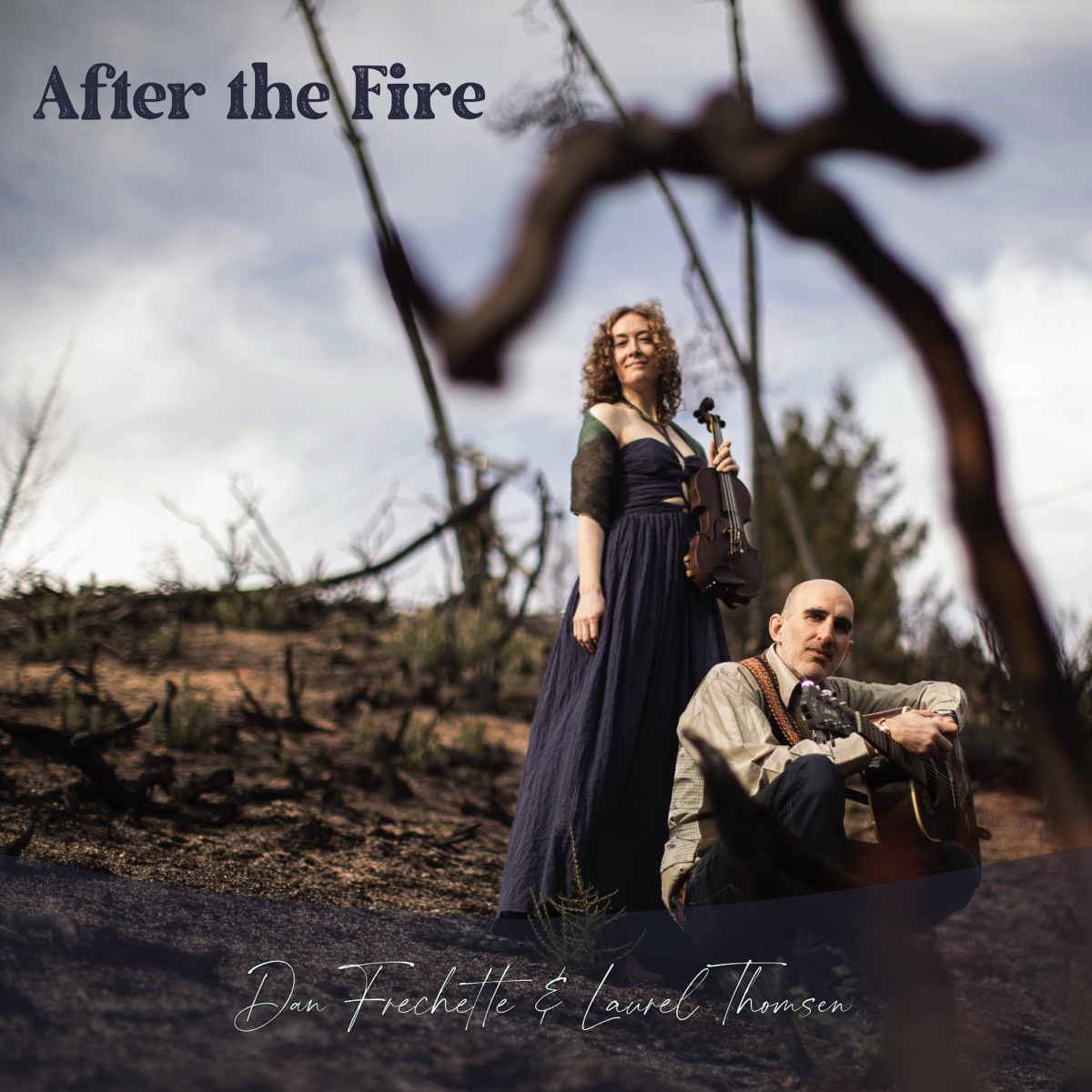Today, any budding violinist can type “learn violin” into Google or YouTube and come back with countless hours of videos, blogs, and courses, many free or for a nominal cost. At the same time, in most every interview, a professional player will talk at length and with reverence about their teachers. None of the pros today got to where they are on their own, but with the internet quickly and dramatically changing how we learn, we might start to wonder: are private music teachers still necessary?
In its favor, the violin and violin teaching rests upon a much longer arc of development and knowledge then many other instruments. While we can trace most instruments played in bands and orchestras today back to crude early versions which existed thousands of years ago, the violin family evolved earlier and settled into its current form and structure hundreds of years before many other popular instruments, such as the guitar and piano. While the look, sound, and abilities of the violin have certainly changed since the earliest surviving semi-modern versions dating back to the late 1500s, not much about the violin has changed since we transitioned out of the Baroque era with the death of J.S. Bach in 1750. Most soloists today play modernized violins (requiring a slight alteration of the neck and neck angle) made by the famous Italian luthiers Antonio Stradivari or Giuseppe Guarneri, dating back to the late 1600s or early 1700s, and music written hundreds of years ago can still be heard every day in practice rooms, teaching studios, and concert halls all around the world.
In contrast, while guitar type instruments have been around for hundreds if not thousands of years, the Classical guitar we recognize today didn’t develop until around 1850. After the introduction of steel guitar strings around 1900, the guitar gradually developed the range of acoustic guitar shapes and styles we recognize today, as well as the even more relatively recent arrival of electric guitars in the 1920s and 1930s. Similarly, while early pianos, such as the harpsichord and the clavichord, existed back in the 17th century, the modern, 88 key piano was still developing until the very late 1800s.
What we know about violin playing and pedagogy also hasn’t changed much since the 1700s, when violinist Francesco Geminiani wrote his book The Art of Playing the Violin - still just as relevant today as it was well over two hundred and fifty years ago. Music has become more virtuosic as performers and composers have stretched the boundaries of possibility, but all the basic factors, like tone production, bowing, intonation, shifting, and vibrato haven’t changed for quite some time. Violin playing and teaching is in fact one of the oldest and most established musical art forms.
So, considering this history behind us, and all the knowledge at our fingertips, can’t we just learn to play the violin from books, blogs, and YouTube? Do we need private music lessons anymore?
As a violin, viola, and fiddle teacher who’s been making a living for well over two decades teaching private, group, and workshop lessons, you’d of course expect my answer to be an enthusiastic and emphatic, “YES!”
But why?
I keep up on the more recent violin playing treatises too, sometimes reviewing them for Strings magazine. Every few years I'll enroll in a continuing education string playing or teaching course, usually online and mostly video based, just to see what’s out there and if I can pick up any new tips or approaches. I’ve even created some of these video courses myself over the years. Every so often I also scroll through the violin teaching videos on YouTube. I want to see how others are explaining techniques, see if I can find any new tricks to try with my own students. From time to time I also attend camps, seminars, conferences, and webinars. This continuing education keeps me fresh and engaged, but of course I’m not seeking them out to actually learn to play the violin. Thinking back to the 15+ years of weekly individualized private lessons I enjoyed growing up, not to mention the tailored advice and encouragement I received from my teachers all along the way, it's hard for me to imagine books or even the very best video courses ever being an actual replacement for private instruction.
As detailed and revolutionary as some of these instructional resources may be, what they all lack is the personal, direct feedback which only a real time, living, breathing teacher can give. In these times, that teacher may be on Skype or Zoom, or to some degree a video exchange arrangement may work, but the important factor is that this teacher is actively watching and listening to YOU play. In reading books and watching videos, we are only able to watch the teacher, which is only half of a music lessons experience, if that. We can try to copy everything we see or read about precisely, but that's like exploring a new country with a map verses with a native who can show you all the best restaurants, shortcuts, and vistas, not to mention the places to avoid!
Ways to accelerate learning are another popular search topic, and scientific inquiries into how the brain works and may work better are fascinating. Many of these ideas for better practice and learning faster can be helpful, but when it comes to playing music, none compare to the tried and true learning acceleration method of getting a good teacher who can show you the way. They already know the path. They've walked it themselves!
Music is a language, and just like any verbal language, to learn to play music well we must be immersed in it, along with people who are already fluent. Our musical vocabulary grows through playing with others, getting feedback and guidance from a mentor, making mistakes, getting more insight, troubleshooting with a master, and trying again. If we never have anyone to “speak with,” and never get any feedback about whether or not we're on track, at best we can gather a decent overview, but it will take a very long time, if it ever happens, to become a musician who can perform and play alongside others with confidence and depth.
In a private lesson, a good teacher is watching and considering your every move, listening intently to the quality of each sound, correcting mistakes in rhythm, articulation, intonation, bowing, and experimenting with different approaches to help you feel more free and capable of expressing your music. He or she will usually have a variety of methods and exercises to offer any given situation, and you'll work together to find those that are most helpful, comparing and contrasting the sound, the feeling in your body, and the overall effect of subtle changes you may be making to technique, phrasing, a note, a shift, or a stroke of the bow. A good teacher also considers the hierarchy of technique and is able to guide you methodically, often subverting issues long before they become bad habits, and guiding you past the common challenges.
Although we might have some good ideas about how we'd like to sound eventually, it’s hard to know how to advance when we don’t know what the progression to that professional sound actually looks and feels like. No one will wake up one day and suddenly sound like a professional. It's a process. Along the way, a teacher can direct our attention to sounds we didn’t notice before and suggest ways of approaching our technique and interpretations of the music which we may have never considered.
For example, I've received a number of students over the years who came to me, exasperated with their intonation. After listening to a few bars I've directed their attention beyond the pitch to the quality of the sound itself and we discover that it's actually tone that's bothering them. Here they'd been stressing about their poor left hand, probably getting more and more tense, to the point of even developing pain, and wondering why they never seemed to sound any better. Tone, being the domain of the bow, will never be fixed by the left hand.
The best of teachers will help us open our ears to increasingly refined abilities to listen, to reflect, to express. They will personalize their instruction to suit our anatomy, interests, learning style, and emotional and mental needs lesson to lesson, and help us navigate practice slumps, plateaus, and setbacks. We learn through trying, and sometimes failing, but all the while gathering glimpses of moments of artistry, and figuring out how to get back there, consistently. A good teacher is able to both inspire and direct this progress.
I hold deep gratitude and respect for all my teachers and mentors. I often do wonder what it would have been like had YouTube existed when I was a kid, but I know it could have never replaced the weekly private lessons or the youth orchestra and ensemble experiences I enjoyed growing up. I can also say, without a doubt, that the teamwork and trust developed in the lessons studio can create one of the most valuable relationships one will ever know.
For tips on finding a great teacher, click https://www.laurelthomsen.com/violin-geek-blog/?id=finding-a-great-a-violin-viola-fiddle-teacher.
Please let me know if you have anything to add about your experience, either taking lessons, or learning from videos and other resources, and, if you’d like to explore Skype, FaceTime, or Zoom violin, viola, fiddle, or cello lessons with me, please email me at laurel@laurelthomsen.com.
Resources and further reading: http://www.violinonline.com/historicalbackgroundoftheviolin.htm
https://en.wikipedia.org/wiki/Baroque_violin
http://www.guyguitars.com/eng/handbook/BriefHistory.html
https://en.wikipedia.org/wiki/Antonio_Stradivari

